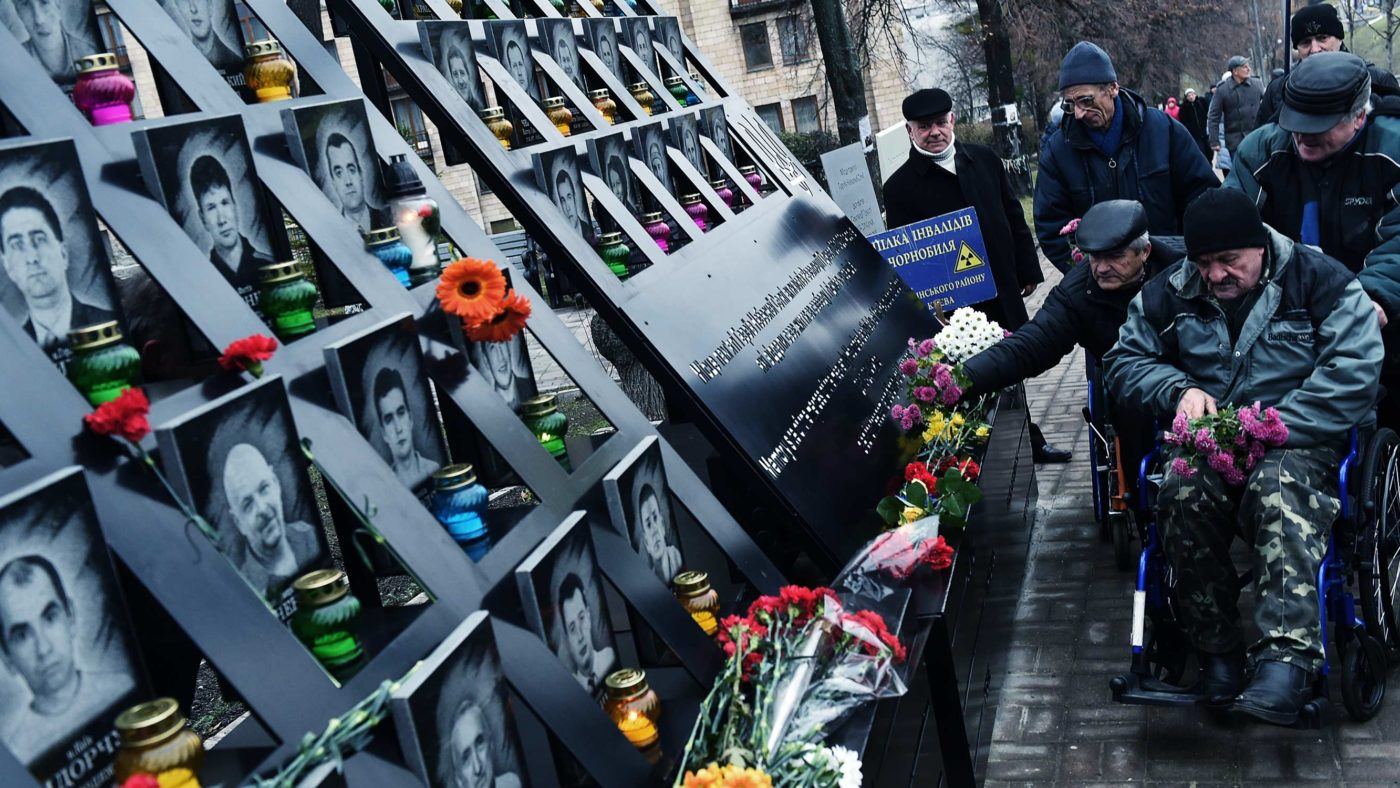Today’s Dignity and Freedom Day in Ukraine, marking the third anniversary of the Euromaidan protests, is likely to be a muted affair.
Since the revolution in 2014 ousted President Victor Yanukovych, Ukraine has been dependent on the international community to get back on its feet.
The IMF has stepped in to plug the hole left in the nation’s finances by the ongoing conflict with pro-Russian groups in the Donbass, while last week the EU agreed to implement a visa-free travel scheme with Ukraine as part of an effort to shore up the post-Maidan government in Kiev.
This goodwill has been vital to restoring, however incrementally, the fortunes of post-revolution Ukraine.
Unfortunately, the country now faces two opposing problems which could leave current President Petro Poroshenko’s government out in the cold: a new US administration; and eye-watering levels of corruption.
As president-elect, Donald Trump has so far done little to dispel the fears that his administration will foster much closer ties with Vladimir Putin’s Russia.
His choice of Mike Pompeo for director of CIA and Michael Flynn for the Defence Intelligence Agency, two anti-Islamist hawks with more nuanced approaches to Russia than their predecessors, suggests the President-elect is going to stand by his pledge to “knock the hell out of ISIS” – and mend fences with Putin.
A cosy US-Russia relationship would not be good news for Ukraine.
There is now no longer any pretence that Russia isn’t stoking the war in eastern Ukraine: this week Russia stormed out of the International Criminal Court after it ruled that the fighting in the east of Ukraine is not a civil war but very much a case of Russia criminally invading its weaker neighbour.
It is easy to imagine Ukraine becoming a bargaining chip in a US-Russia grand alliance against Isis.
It is not just the problems caused by President Trump’s new foreign policy which may hurt Ukraine though. The Obama administration was a great friend to post-revolution Ukraine.
Last night President Obama used one of his last opportunities to converse with Putin to urge Russia to keep its commitments to the Minsk agreement which has brokered a poorly observed ceasefire in Eastern Ukraine.
But the greater loss for Ukraine will be the departure of US vice-president Joe Biden.
Biden has been holding the Poroshenko government’s hand as it seeks to implement the anti-corruption measures which were attached by the IMF as conditions to its $17.5 billion loan package. (Ukraine currently sits at 130th in the world in Transparency International’s corruption index as $12 billion disappears from the state budget annually.)
Biden helped enforce the IMF package by withholding $1 billion of aid until Poroshenko sacked Ukraine’s prosecutor general, Viktor Shokin, when it was clear he was stifling anti-corruption reforms and doing little to pursue official graft. He also oversaw the creation of a National Anti-Corruption Bureau.
Another IMF idea has been the implementation of an e-disclosure system where government employees must list their assets over $100,000. This has at least provided some entertainment as Ukraine’s notoriously corrupt political elite hung out their dirty washing for all to see: among the assets declared by the head of the country’s tax office were $2 million in cash as well as fur coats and luxury watches. The Mayor of the city of Dnipropetrovsk, Boris Filatov, even declared a ticket on Virgin Galactic.
In total, it turned out Ukraine’s 450 parliamentarians had $482 million stashed away amongst themselves – compared to the average monthly income in Ukraine of $200.
Petro Poroshenko, himself a billionaire, who made his fortune running Ukraine’s largest confectionary business, has featured in the Panama Papers after he set up offshore companies post his election in 2014.
In April this year, Arseniy Yatsenyuk, the Ukrainain prime minister and the early face of Ukraine’s post-Maidan government, was forced to quit after the deputy head of his parliamentary group was investigated by Swiss authorities for money laundering.
The recent e-disclosures and lack of government support for pursuing corruption have also led to some high profile resignations.
In the city of Odessa, whose port has long been a haven of organised crime, the head of the region’s customs service resigned over what she believed was official sabotaging of her anti-corruption efforts.
On the same day, Ukraine’s national police chief resigned, again saying she was not given the support she required from the central government.
Both women are allies of the former Georgian president, Mikheil Saakashvili, lately the mayor of Odessa, after being forced to flee Georgia.
Sakashvilli is now on manoeuvres, pledging to found an opposition party to tackle Ukraine’s corruption problems. This has gained little traction.
Protests last week against government corruption were written off by Poroshenko’s administration as Russian black ops, amidst rumours that many of the protestors were being paid to turn up.
This week the IMF signed off on further funding for Ukraine but again noted that its chief concern was the graft by high level officials in the country.
With the departure of the Obama administration, Ukraine is going to need friends in the international community.
Unfortunately three years after a revolution cheered on by the West, these prospects are looking increasingly bleak.


